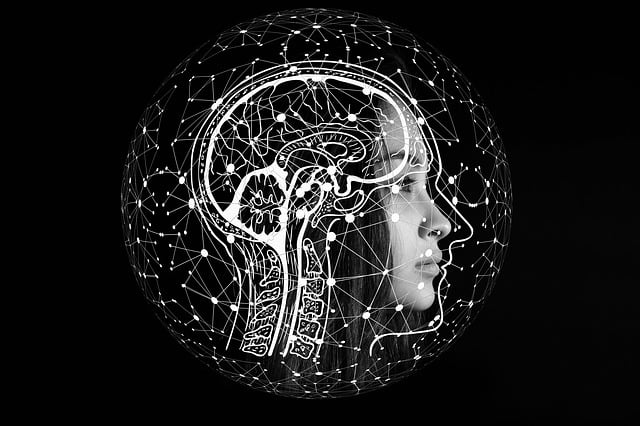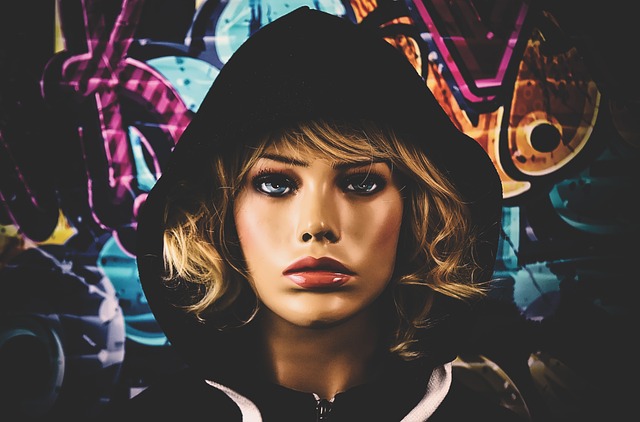-
Table of Contents
- Artificial Intelligence Movie Cast: A Comprehensive Guide
- The Role of AI in Modern Filmmaking
- How AI Enhances Casting Decisions
- Benefits of Using AI in Casting
- Case Study: Netflix’s Use of AI
- Challenges in AI-Driven Casting
- Ethical Considerations
- Future of AI in Movie Casting
- Virtual Actors: The Next Frontier
- Conclusion
Artificial Intelligence Movie Cast: A Comprehensive Guide

Artificial intelligence movie cast has become a fascinating topic in the entertainment industry, blending cutting-edge technology with creative storytelling. Whether you’re a filmmaker, actor, or tech enthusiast, understanding how AI is shaping casting decisions can provide valuable insights. This article explores the role of AI in movie casting, its benefits, challenges, and future potential.
The Role of AI in Modern Filmmaking
Artificial intelligence is revolutionizing the way movies are made, from scriptwriting to post-production. One of the most intriguing applications is in casting. AI algorithms analyze vast amounts of data to predict which actors will resonate with audiences. For instance, Warner Bros. used AI to analyze audience reactions to trailers, helping them make informed casting decisions.
- AI can predict box office success based on actor popularity.
- It helps identify emerging talent by analyzing social media trends.
- AI-driven tools can match actors to roles based on historical performance data.
How AI Enhances Casting Decisions
By leveraging machine learning, studios can streamline the casting process. AI tools analyze an actor’s past performances, audience demographics, and even facial expressions to determine suitability for a role. This not only saves time but also increases the likelihood of a film’s success.
Benefits of Using AI in Casting
Using artificial intelligence movie cast techniques offers numerous advantages. Firstly, it reduces bias by focusing on data rather than subjective opinions. Secondly, it allows for more diverse casting by identifying talent from underrepresented groups. Lastly, it enhances efficiency, enabling filmmakers to make quicker decisions.
- Reduces human error in casting decisions.
- Increases diversity and representation in films.
- Improves the accuracy of predicting audience preferences.
Case Study: Netflix’s Use of AI
Netflix has been a pioneer in using AI for casting. Their algorithms analyze viewer data to determine which actors are likely to attract more subscribers. This approach has led to the success of shows like “Stranger Things,” where the cast was chosen based on data-driven insights.
Challenges in AI-Driven Casting
Despite its benefits, using artificial intelligence movie cast methods is not without challenges. One major issue is the potential for algorithmic bias. If the data used to train AI systems is biased, the casting decisions will reflect that bias. Additionally, there’s the risk of losing the human touch that makes casting an art form.
- Algorithmic bias can lead to unfair casting decisions.
- Over-reliance on data may overlook unique talent.
- Ethical concerns about privacy and data usage.
Ethical Considerations
Ethical concerns are paramount when using AI in casting. Filmmakers must ensure that the data used is unbiased and that actors’ privacy is respected. Transparency in how AI algorithms make decisions is also crucial to maintain trust.
Future of AI in Movie Casting
The future of artificial intelligence movie cast is promising. As AI technology advances, we can expect even more sophisticated tools that can predict audience reactions with greater accuracy. Virtual actors, created entirely through AI, are also on the horizon, offering new possibilities for storytelling.
- Virtual actors could revolutionize the industry.
- AI could enable real-time casting adjustments during production.
- Enhanced predictive analytics will improve casting accuracy.
Virtual Actors: The Next Frontier
Virtual actors, powered by AI, are becoming a reality. These digital creations can perform roles that are too dangerous or impossible for human actors. For example, the character of Thanos in the Marvel Cinematic Universe was brought to life using AI and motion capture technology.
Conclusion
Artificial intelligence movie cast is transforming the film industry, offering new ways to discover talent and predict success. While challenges remain, the benefits of AI-driven casting are undeniable. By embracing this technology, filmmakers can create more engaging and diverse films that resonate with audiences. As AI continues to evolve, its role in casting will only become more significant, paving the way for innovative storytelling and groundbreaking performances.
For more insights on AI in entertainment, check out our articles on AI in Scriptwriting, Virtual Actors, and AI in Post-Production. Additionally, explore external resources like Wired, TechCrunch, and Variety for the latest updates on AI in the film industry.



Leave a Reply